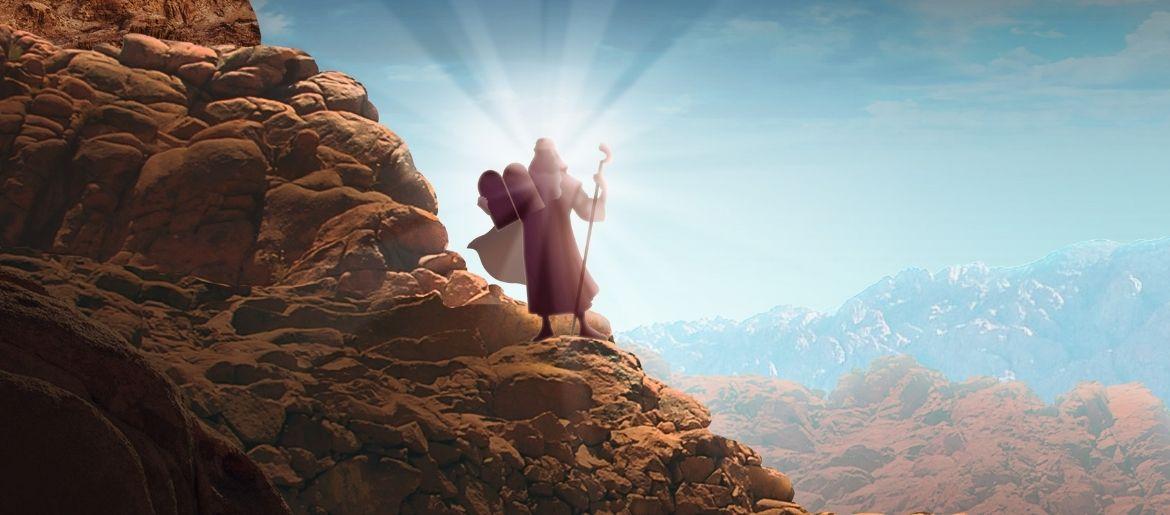By Rabbi Daniel Rowe
With ten utterances God brought the world into existence.. With ten plagues He struck Egypt…’ (Ethics of the Fathers, ch.5).
The great Kabbalistic Midrash, the Zohar, sees the ten plagues as a reversal of the ten steps of creation. Rabbi Yehudah Aryeh Leib Alter (1847-1905) in his famed work ‘Sfas Emes’ both wrote that the order was a precise reversal of the order of creation. Thus if the last thing created was the instruction to man to produce life, the first thing undone in Egypt was that water, source of life, became the blood of death. If the second last stage of creation elevated man above animal, in the plague of frogs animals no longer feared man, and so forth.
The Egyptians were obsessed with ‘ma’at’ - order. The role of the Pharaoh was to intercede with the gods to ensure the smooth flow of nature. Like most ancient nations they worshipped the natural order of things. Power defined what was right.
Their morals and ethics were likewise shaped by an obsession of power. The powerful was the good. They had contaminated the ten steps of creation, and so those ten layers were peeled back all the way. The second step in creation, ‘let there be light’ was undone in the second last plague of darkness. Then at midnight on the very first Seder night the very moment of ‘reishit’ - ‘first’ - is undone with the destruction of every ‘reishit’, every ‘first creation’ of each family in Egypt. The laws that the Egyptians worshipped and the power structures that allowed for oppression and immorality were removed. A new creation would enter the world. A nation that would not define itself by the laws, limits and power-structures of nature, but by a different order...
Later in the Haggadah we will sing ‘Dayenu’ - thanking God not only for taking us out of Egypt, but also for bringing us to Sinai and giving us the ten commandments. If the ten plagues offer a de-creation, then the ten commandments offer a re-creation.
In place of the ‘the beginning’ we have ‘I am God who took you out of Egypt.’ In place of light we have monotheism; in place of God using words to make a habitat in which man could dwell, the words of man through the prohibition of blasphemy becomes a habitat in which God could dwell. Where creation has plant life and the growth of the harvest, food, wealth and productivity, Shabbat tells us to take a day to avoid farming, labour, income and control over nature. In Joseph’s dreams, the sun and moon represented father and mother. In place of the sun and moon of creation, we have honouring parents in the commandments.
Where creation had animal life, the commandments have the preservation of human life. Where animals were separated into different mating groups, ‘each according to their species’, humans create the integrity of marriage partners. Where man is taken from the dust of the ground, man gets the right to possess the earth - the right to private property and thus the prohibition of theft. Where man’s very existence is testimony to God (‘the image of God’), the commandments tell us to ensure we never bear false witness. Finally the command to ‘fill the earth and dominate it’ is replaced by the biggest root imperative: to allow humans to live together, work together and build the world together - do not covet that which is someone else’s.
Humans are the only creation capable of living above the natural order. The recognition of a higher moral order gives meaning to existence and is the truest liberator from oppression.

